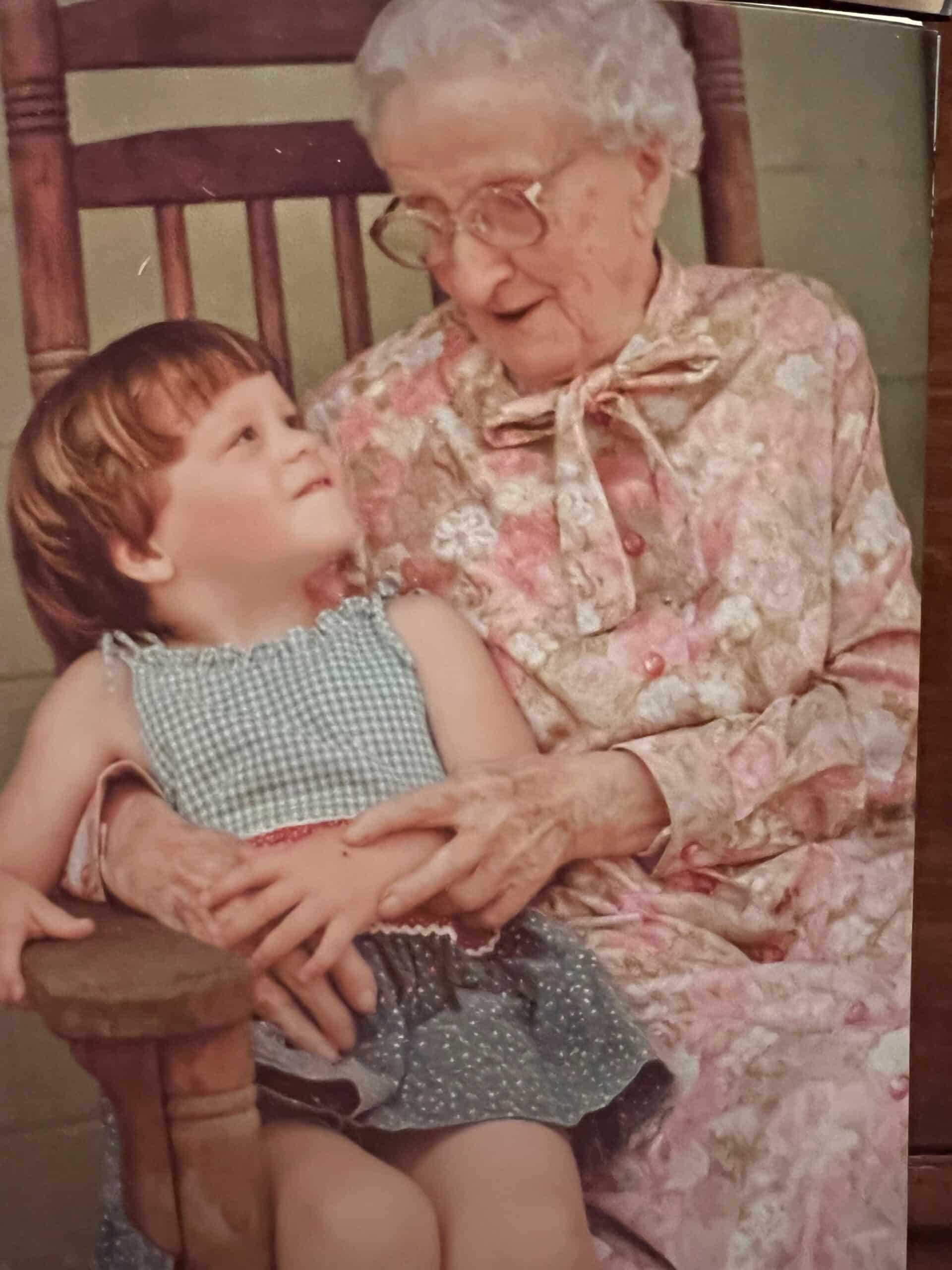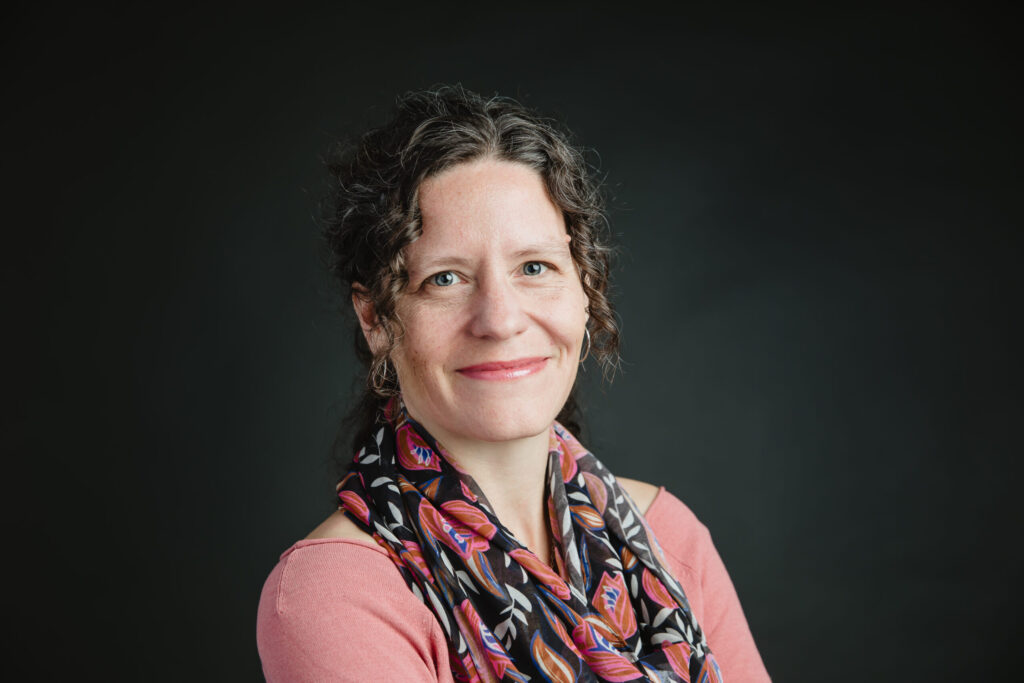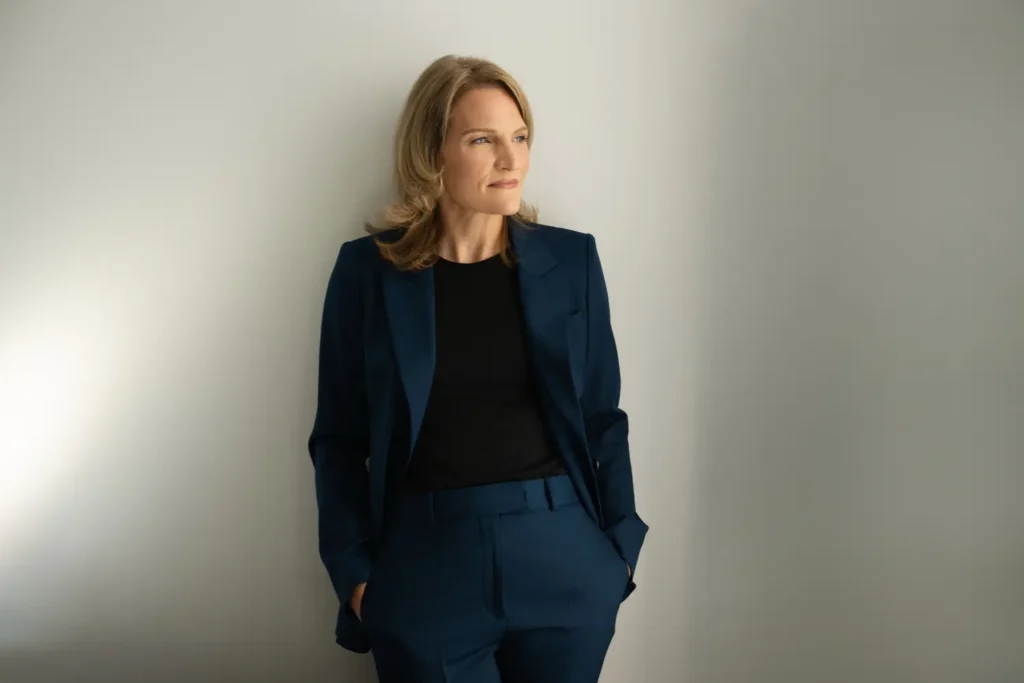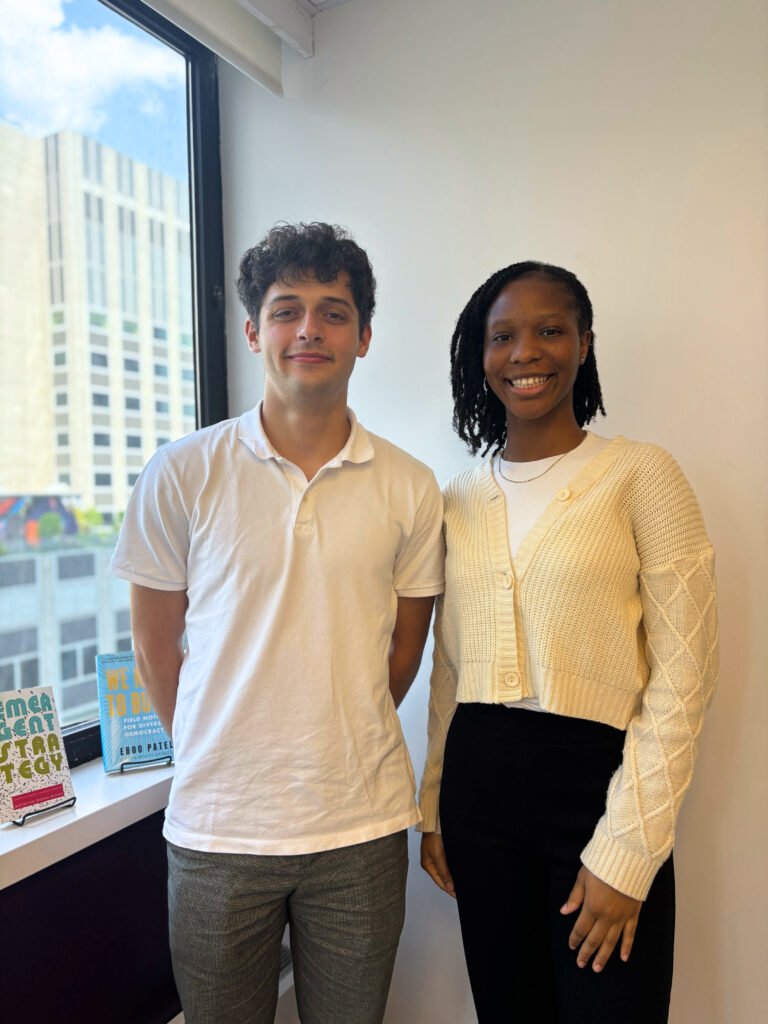What is one of your earliest memories of the power of human connection?
I love this question because it takes me or anybody back to the gentle person inside you trying to figure out the world.
I grew up in the mountains of Virginia in a Civil War town. There were two thriving universities in the town where I grew up, but there was also poverty that is typical of Appalachia. When I was seven, my family moved to Santiago, Chile where my father was from. It was a dramatic and violent political moment for Chile due to a government transition from an autocratic regime into a democracy. It was a fraught election, and the stakes felt very, very high.
One evening, my family went out for ice cream. We were caught up in a protest that turned violent with police response, and they deployed tear gas to try to break things up. Bombs were going off, so we went into the ice cream store. The owners of the ice cream store let us come into their home, which was three stories above. We stayed in their home for hours. As explosions were going off outside, I remember feeling deeply loved and a profound sense of gratitude to the family for keeping us safe.
When we left their house, I saw people who had all the effects of chlorine and tear gas, like bleeding out of their noses and not being able to open their eyes. I realized just how powerful it was that this family not only took in a family that meant nothing to them; they also took in one that could have been viewed as politically complicated at that time due to the U.S.’ involvement in Chile related to Salvador Allende and Pinochet.
I don’t know the names of the ice cream store owners, and I don’t know if they remember me. But I often think of them because, sometimes, in our worst moments as humans, we see our best and can be our best. I can’t go back and thank that family, but I can pay it forward to someone else.
What values guide your personal life and your work?
I’m very honored to be named after my great-grandmother. She was raised in the same town as Harper Lee and lived to be 105 years old.
I come from a home that retells family stories again and again, so the things that I know about my great-grandmother Nealie are some of the values that guide my life and work.
They are basic things like everyone should feel and be treated with dignity, wherever they come from or have walked in this life. It is a basic human need to feel like we matter in this world, that we have a place in it, that we are contributing, and that we are afforded the respect of being heard.
I do a lot of work bringing people together across differences, and this ranges from work after October 7, bridging religious, geopolitical, and ethnic divisions, to work on racial healing and addressing political violence. In these contentious situations, conversations that start with listening from a place of learning often lead to an increased sense of dignity for the people involved.

When did a person or experience change your mind about an idea or belief?
My mind changes a lot in big and small ways. One thing that has been life-changing or thought-changing for me is that who I am and how I am perceived are partially dependent on what I bring from the inside out and partially dependent on who I am next to and the context I am in.
Specifically, there are “power down” stereotypes about Appalachians in the United States, including a view that the region is not rich in opportunities and education. But if you talk about history, storytelling, or fireflies, we are very rich in those ways.
When I leave or have left the United States, I lose the identity of being Appalachian; I’m viewed as an American. So, instead of having a “power down” identity, suddenly, I have a very powerful identity, and that changed my mind about the nature of power and how power exists relationally.
This understanding of power helps me see how somebody who is powerful in one context might not feel welcome in another, and that’s something I think is lost in our national discourse about dominant groups and identities.
What are you working on right now?
[Editor’s note: This interview was recorded on June 13.]
I do a lot of work on violence prevention, and this has been quite a week for our nation with a lot of dramatic changes and political back-and-forth between the deployment of the military and National Guard and deportation escalations. This leads to big questions like “Can we trust each other, and can we trust our institutions?” to very basic questions like “Who are we and what do we stand for?”
Violence is an accelerant for other kinds of destructive behavior, and it makes us less resilient as a country. But violence also has a lot of opportunity built in, which allows us to harness the moment and proactively think about who we want to be.
I have been part of brainstorming conversations around a positive opportunity that is coming up: the 250th anniversary of the political formation of our country. These conversations are centered around what we have been handed, what we want to keep, and what we let go of. What do we pass down to the subsequent generation to start the next 250 years? How do we write the American story with a broad definition of “us”?
For me, this has been rewarding because I get to think about how we can harness a crisis and elevate what’s working to create ways out of a conflict. It’s not enough to say we can survive; we have to thrive, especially in really difficult moments like this week in our country.
What is giving you hope or what positive visions do you have for our future?
I mean, you’re giving me hope, among other things!
I said that sort of jokingly, but I do mean it. We are all the writers of what happens next.
While we can focus on dominant energies that feel like they are pulling us apart, we know it’s only one part of the story. Divisive stories may make headlines, and they may carry the day, but in my experience, they do not have the same potency as the power of connection. I derive a lot of hope from the reminder that people are inherently good, and we want to hand something better to the people who come next.
We are also not the first people to live through changes. Did the Berlin Wall fall? Did autocracy transition to democracy in Chile in 1988? Did apartheid end without a civil war? There are moments in human existence where we walked up to the line and turned around. Any day can be the day that we write our way into a different direction. There are so many people who are writing those stories for us to elevate right now, and it gives me a lot of hope.




